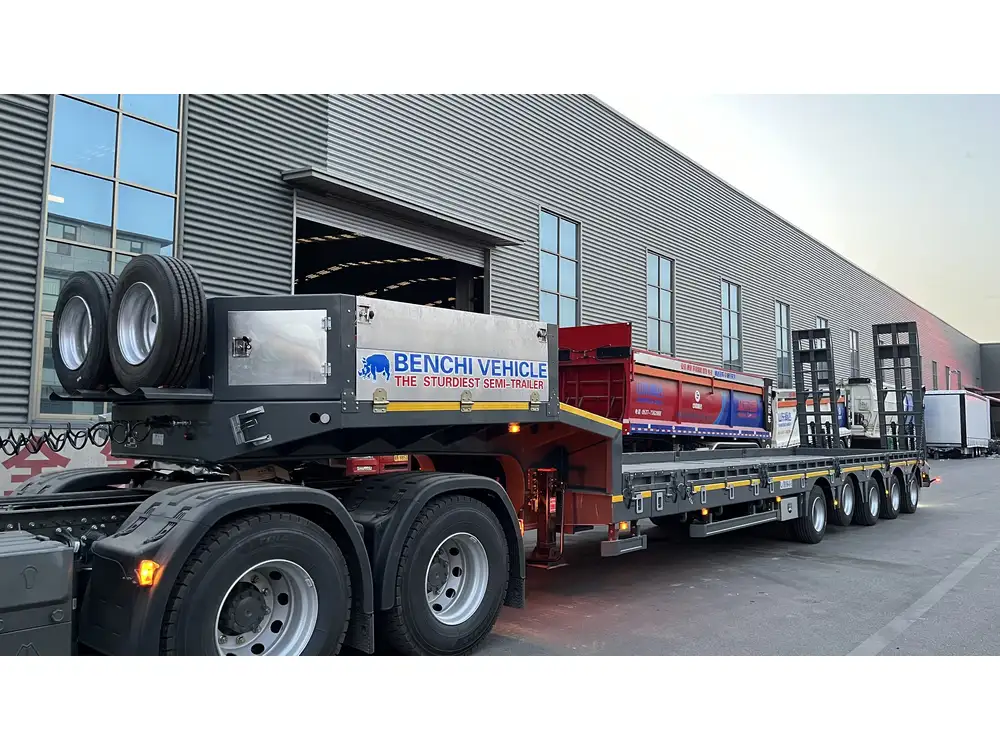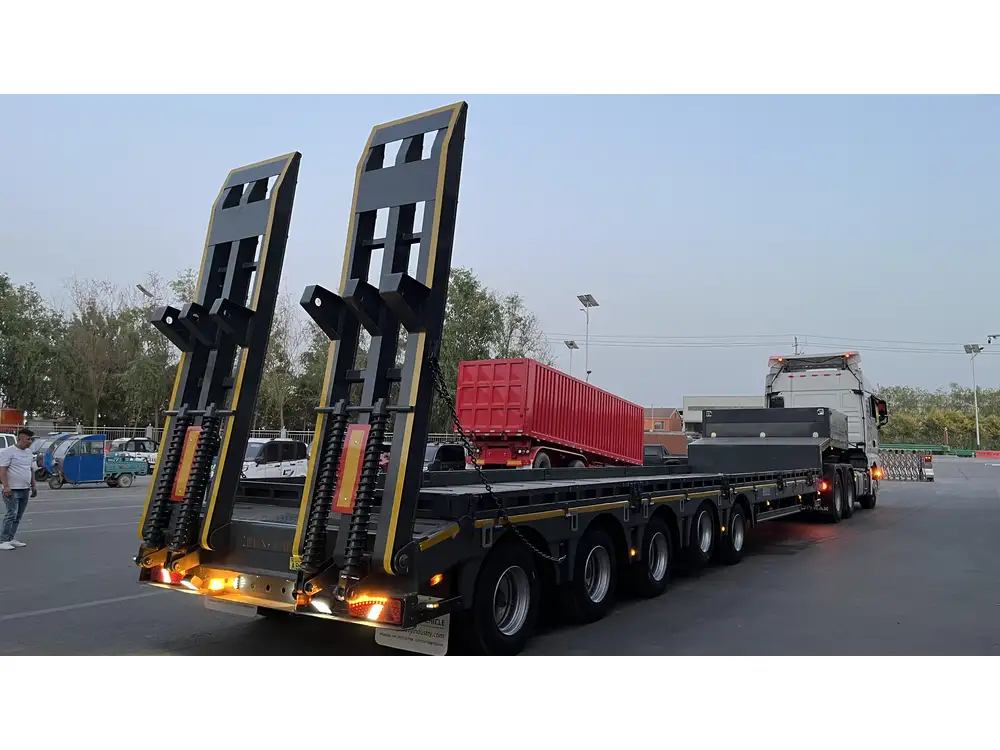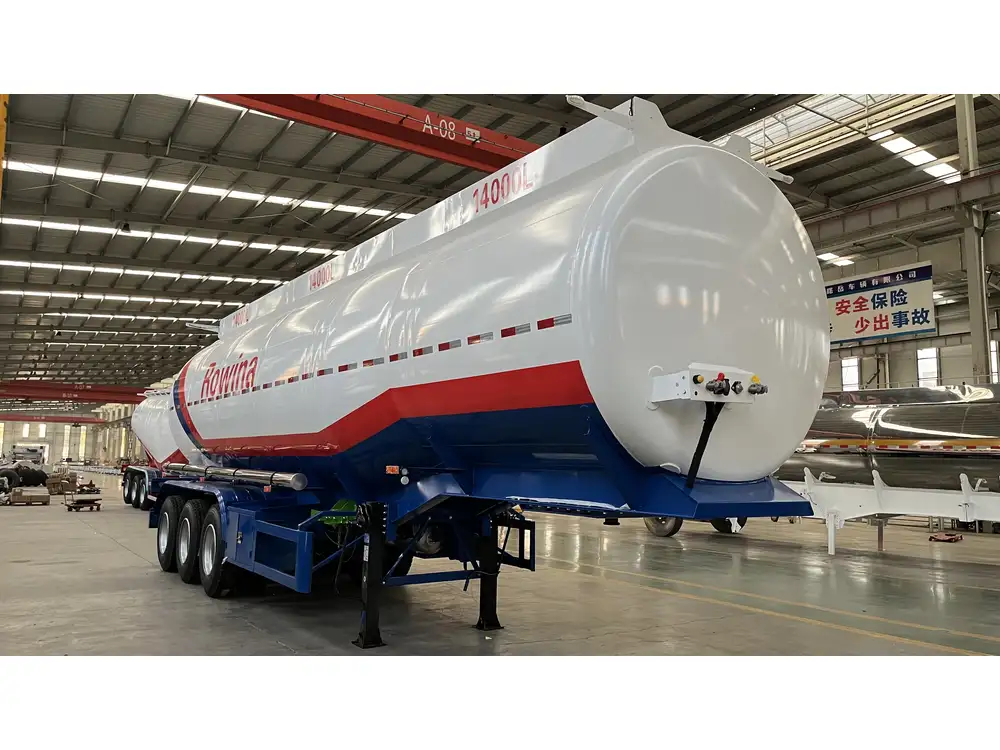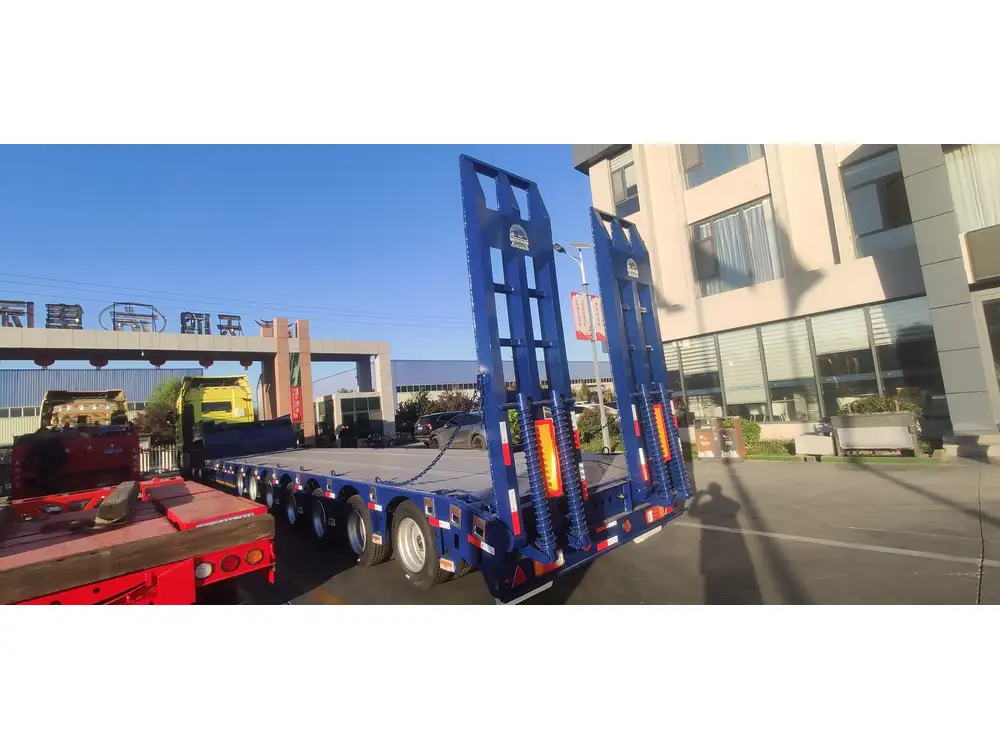Dump trailers serve a multitude of purposes in construction, landscaping, agriculture, and beyond. These invaluable workhorses often rely on the efficacy of their batteries, which power hydraulic systems for lifting and lowering the trailer bed. Selecting the best battery for a dump trailer hinges on several considerations—performance, capacity, type, and climate. Below, we delve deeply into the nuances of choosing the right battery, ensuring your dump trailer operates at peak performance.
Understanding Battery Types
When it comes to batteries for dump trailers, there’s a variety of options on the market. The three primary types of batteries include:
Lead-Acid Batteries
- Flooded Lead-Acid (FLA): Known for their affordability, these batteries can deliver steady power, but require regular maintenance, including checking water levels and ensuring terminal connections are clean.
- Absorbent Glass Mat (AGM): AGM batteries are sealed and maintenance-free, making them highly resilient. They handle both deep discharges and rapid charging well, rendering them a favorite among dump trailer operators.
- Gel Cell: Gel batteries are also sealed and immune to leaks, but they are more sensitive to overcharging. While they boast longer lifespans than conventional lead-acid batteries, they are often more costly.
Lithium Batteries
- Emerging as a popular choice, lithium batteries have gained traction due to their lightweight design, rapid charging capabilities, and longevity. Although they come with a higher upfront cost, they often provide better total value over time due to their extended lifetime and reduced maintenance needs.
Battery Comparison Table
| Battery Type | Pros | Cons | Cost Range |
|---|---|---|---|
| Flooded Lead-Acid | Cost-effective, robust performance | Requires maintenance | $100 – $200 |
| AGM | Low maintenance, good cycle life | Higher upfront costs | $150 – $250 |
| Gel Cell | Leak-proof, long lifespan | Sensitive to overcharging | $150 – $300 |
| Lithium | Lightweight, fast charging | Higher initial investment | $500 – $1000 |

Key Considerations When Selecting a Battery
1. Required Voltage and Amperage
Understanding your dump trailer’s specifications is paramount. Most dump trailers operate with a 12V system; however, larger models might require 24V setups. Amperage capacity, measured in ampere-hours (Ah), must also be considered to ensure adequate power supply for hydraulic operations.
2. Depth of Discharge
For optimal battery life, knowing how deep you can discharge the battery without compromising its longevity is crucial. Lead-acid batteries should typically not be discharged beyond 50%, while lithium options can often handle discharges close to 80% or more without adverse effects.

3. Charging Dynamics
Battery recharge time and efficiency can significantly impact operational readiness. Dump trailers may spend long durations between uses, thus selecting a battery with quick-charging capabilities is beneficial, especially in a busy work environment.
4. Environmental Factors
The climate in which your dump trailer operates can drastically affect battery performance:
- Cold Climates: Lead-acid batteries may struggle in sub-zero temperatures. AGM or lithium batteries can handle lower temperatures more efficiently.
- Humidity and Moisture: These can create corrosion issues for exposed terminal connections. Sealed or maintenance-free batteries reduce risks associated with these environments.
Recommended Batteries for Dump Trailers

1. Optima Batteries Red Top
- Type: AGM
- Ah Rating: 55 Ah
- Voltage: 12V
- Pros: Excellent starting power and durability, resistant to vibrations, requires no maintenance.
- Cons: Pricier than traditional lead-acid options.
2. Exide Edge FP-AGM24F
- Type: AGM
- Ah Rating: 70 Ah
- Voltage: 12V
- Pros: Versatile and strong performance in diverse weather conditions, exceptionally resistant to vibration.
- Cons: Heavier than conventional batteries.
3. Battle Born Batteries LiFePO4
- Type: Lithium
- Ah Rating: 100 Ah
- Voltage: 12V
- Pros: Lightweight, ultra-fast charging, long cycle life of over 3000 cycles.
- Cons: Higher initial cost but offers significant long-term savings.

4. Universal Power Group 12V 100Ah
- Type: Lead-Acid (AGM)
- Ah Rating: 100 Ah
- Voltage: 12V
- Pros: Reliable and durable with a high discharge rate, acceptable cost.
- Cons: Heavier and less efficient than lithium counterparts.
Maintenance Tips for Optimal Performance
Routine Checks
- Inspect Connections: Regularly check battery terminals for corrosion and ensure they are tightly connected.
- Water Levels: For flooded lead-acid batteries, keep an eye on the electrolyte levels and replenish with distilled water as necessary.
- Visual Inspections: Look for any signs of damage, leaks, or swelling in the battery housing.

Charging Practices
- Use a Smart Charger: Opt for a smart charger appropriate for your battery type, as it can prolong the battery’s life by preventing overcharging.
- Charge After Use: Aim to recharge the battery immediately after usage to maintain optimal capacity.
Season-Specific Care
- Cold Weather: Consider using a battery warmer if ambient temperatures drop significantly; this can prevent battery thinning and loss of performance.
- Storage: Store batteries in a cool, dry place when not in use, particularly during extreme weather. For extended periods, keep them at around 50% charge to prevent deep discharges.
Troubleshooting Common Battery Issues

1. Battery Not Holding Charge
- Possible Causes: Age of the battery, over-discharging, or parasitic drain from electronics.
- Recommendations: Test the battery with a load tester to assess its health, or consult a professional if needed.
2. Slow Hydraulic Response
- Possible Causes: Insufficient amperage from the battery, corroded terminals.
- Recommendations: Clean terminals and ensure tight connections; consider upgrading to a higher-capacity battery if performance continues to lag.
3. Frequent Discharge Cycles
- Possible Causes: Exceeding depth-of-discharge limits frequently or using non-compatible charging equipment.
- Recommendations: Invest in a good quality smart charger designed for the specific battery type you own.

Conclusion: Making the Right Choice
Choosing the best battery for a dump trailer is a multidimensional decision that hinges on various factors, from the type and specification to the environmental conditions where the trailer operates. Understanding the nuances associated with each battery type, alongside diligent maintenance and proactive testing, can ensure not only the longevity of your investment but also the efficiency of your operations.
When in doubt, don’t hesitate to consult with a professional to help assess the best battery for your specific application. After all, a well-equipped dump trailer can be the difference between a successful job and one fraught with operational hitches. As you navigate the world of dump trailers, let this comprehensive guide illuminate the paths you may take, ensuring you power your tasks effectively, efficiently, and dependably.



